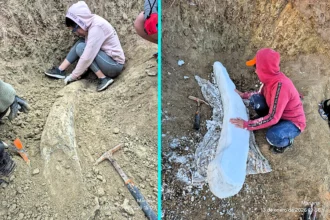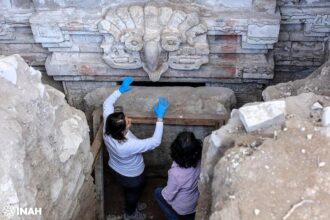A recent study has revealed that four astronauts experienced a form of genetic rejuvenation during a brief three-day space mission.
This intriguing discovery emerged from the Inspiration4 mission, which marked the first all-civilian journey into space, conducted in September 2021. The detailed findings were released on June 11.
Throughout the mission, medical officer Hayley Arceneaux, a trained physician assistant, collected blood samples and skin swabs from herself and her crewmates aboard the modified Crew Dragon Resilience capsule.
READ MORE: Moment phone bursts into flames after customer brings it in to fixed
- Advertisement -
Upon their return to Earth, these samples were analyzed, and researchers found that the astronauts’ DNA exhibited signs of reduced aging.
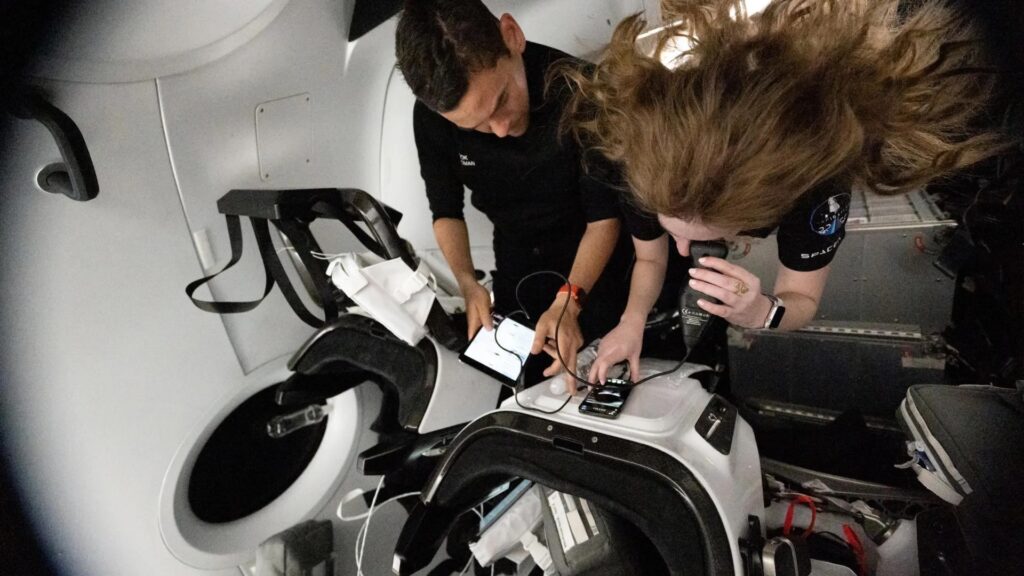
The study focused on telomeres, protective caps on chromosomes that typically shorten with age and stress. Remarkably, the astronauts’ telomeres lengthened during their time in space, suggesting a temporary reversal in the aging process. This unexpected result suggests that space travel might influence genetic markers associated with aging.
This phenomenon of telomere elongation isn’t entirely new. A similar observation was made in NASA astronaut Scott Kelly after his one-year stay in orbit in 2015. However, the Inspiration4 mission provided a unique opportunity to study these changes over a much shorter period.
Susan Bailey, a professor of radiation cancer biology and oncology at Colorado State University who led the research, described the findings as “remarkable” and a significant step in understanding how space environments affect human DNA.
Researchers believe that the increase in telomere length may be a protective response to the heightened radiation levels encountered in space, a phenomenon also observed in extreme environments like high-altitude mountain climbing.
- Advertisement -
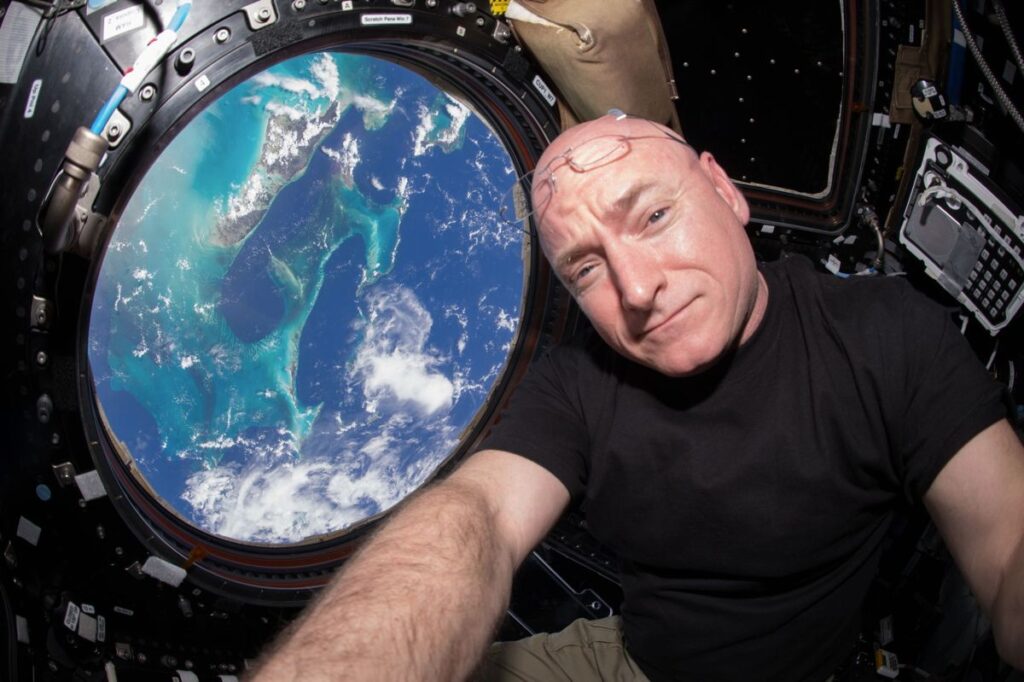
However, this genetic youthfulness was short-lived. Upon returning to Earth, the astronauts’ telomeres quickly reverted to their original lengths and even shortened beyond their pre-flight measurements. This rapid shrinkage poses potential health risks, including increased susceptibility to diseases such as cancer and heart disease. Researchers aim to find ways to manage these changes to protect future space travelers.
Despite this, the study noted other health impacts on the Inspiration4 crew, such as increased markers for bone and muscle loss and brain stress, which all returned to normal within six months. Interestingly, female crew members exhibited faster recovery times from these effects compared to their male counterparts.
Hayley Arceneaux expressed her satisfaction in contributing to scientific knowledge, emphasizing the mission’s significance for all involved. The data collected will be included in the Space Omics and Medical Atlas (SOMA), an open-access database aimed at helping researchers identify individuals genetically suited for space travel in the future.
- Advertisement -
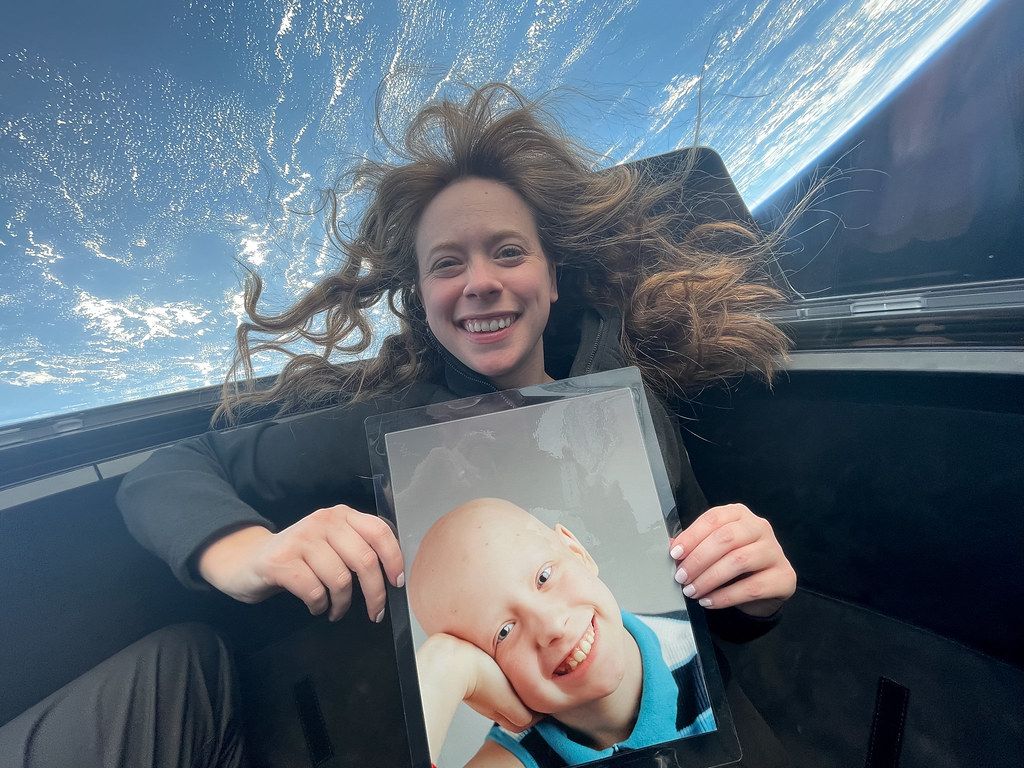
The findings from the Inspiration4 mission not only shed light on the immediate biological effects of short-term space travel but also open new avenues for understanding how humans might better endure longer journeys in space.
READ MORE: Bizarre scenes as influencer works out at gym flanked by bodyguards










